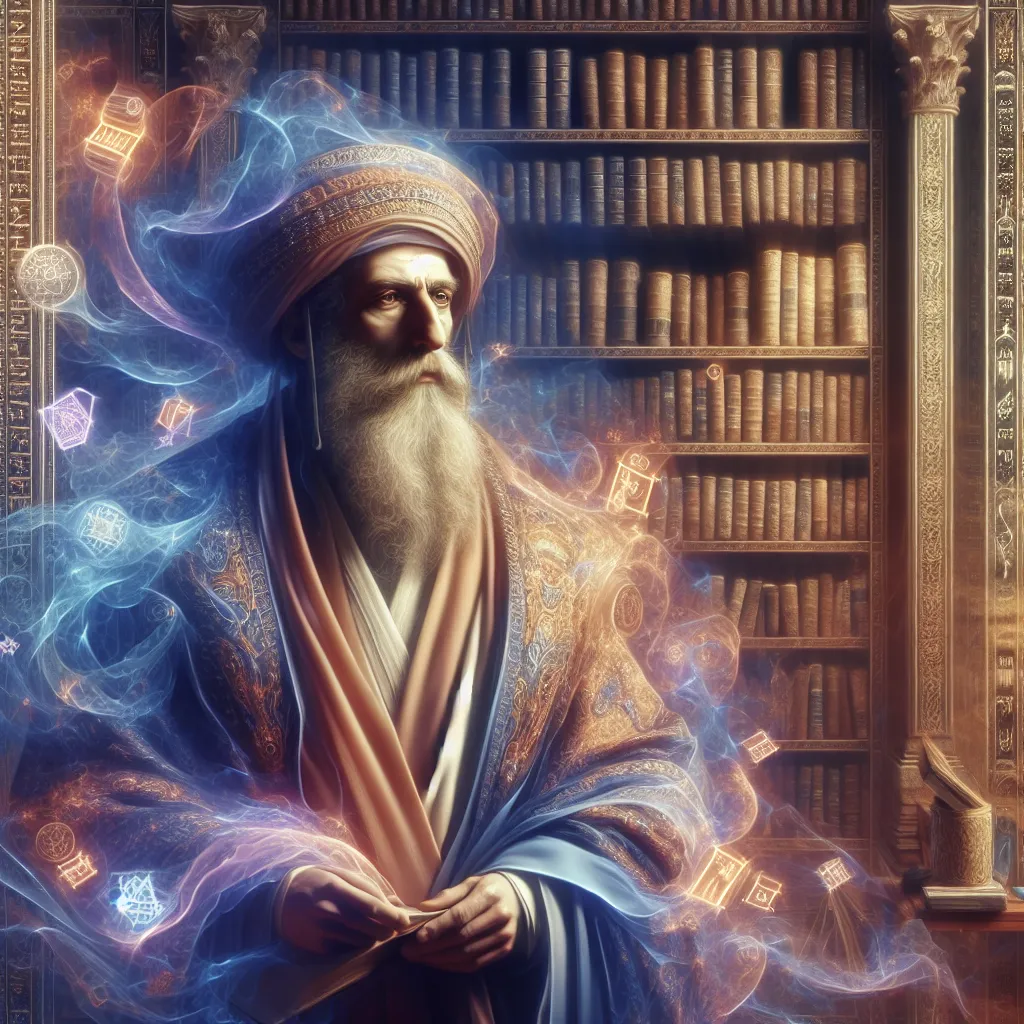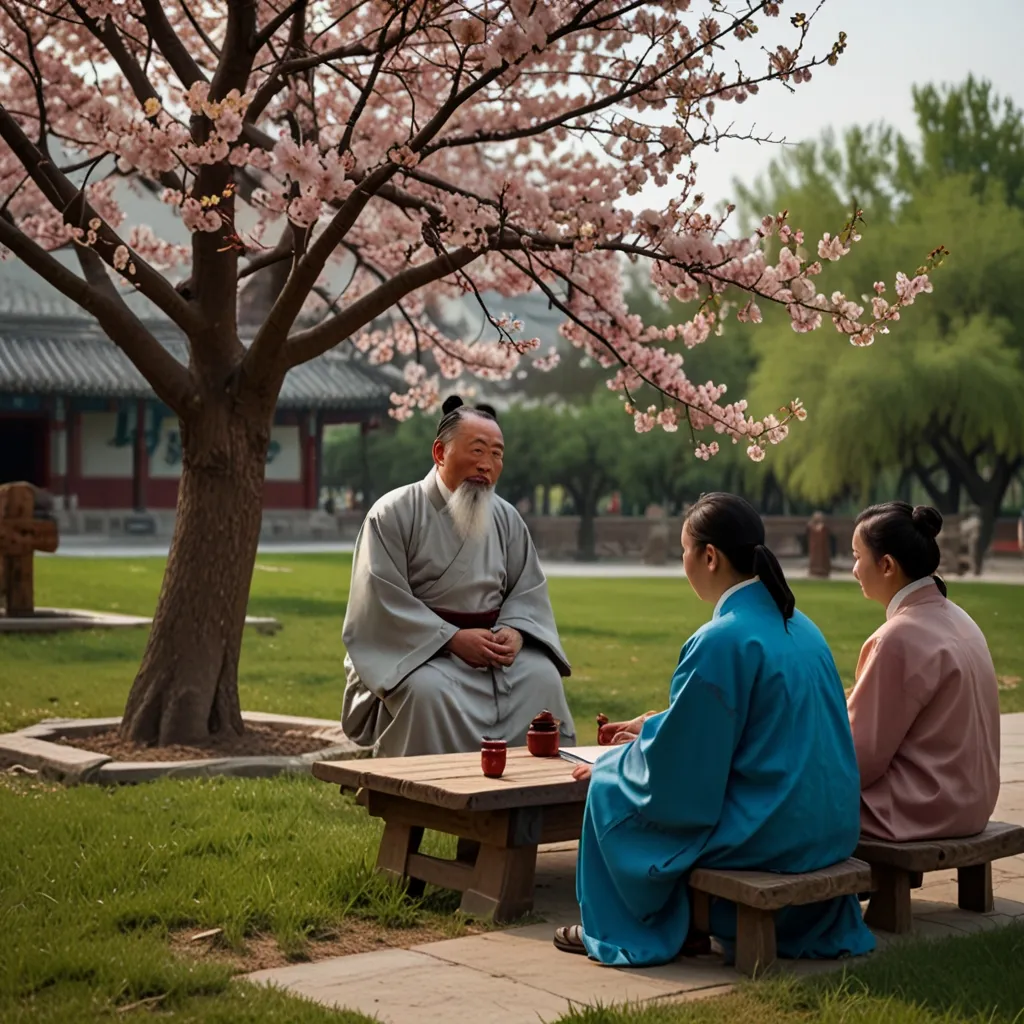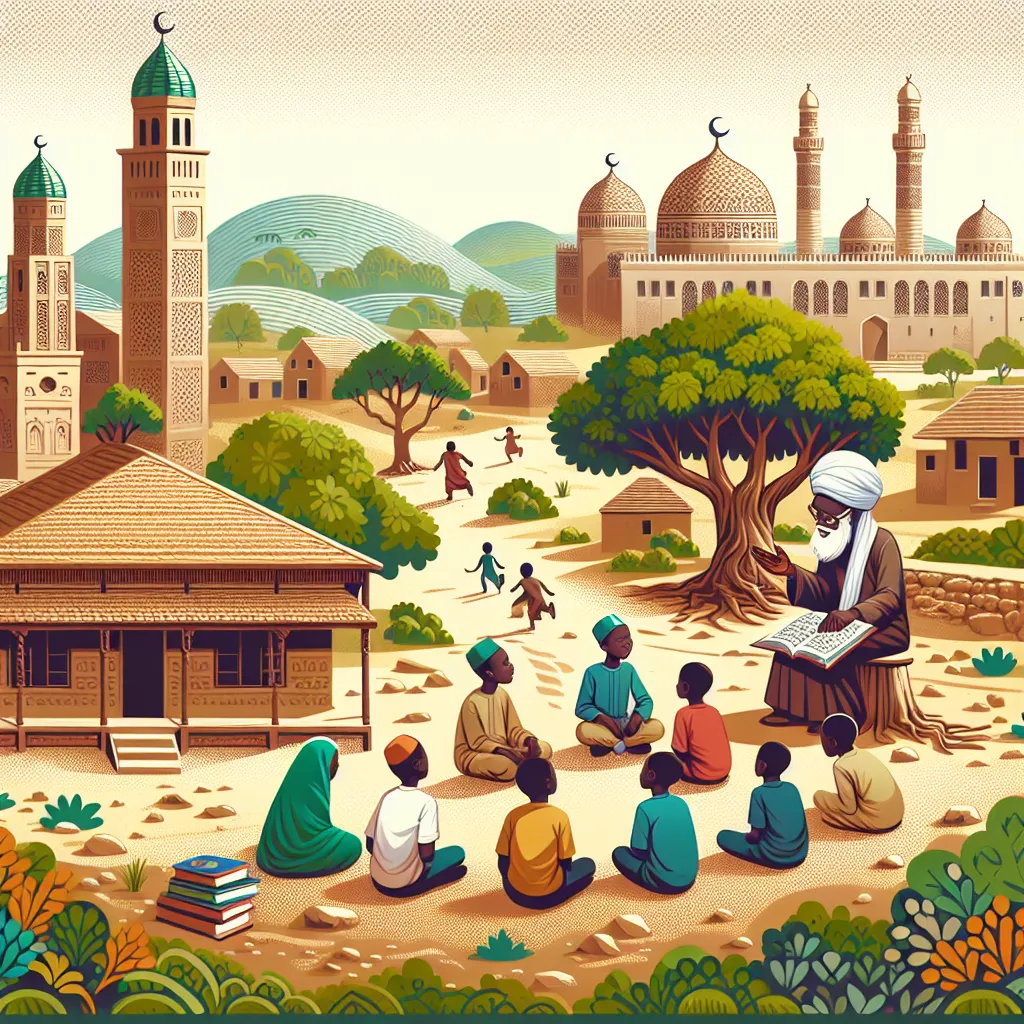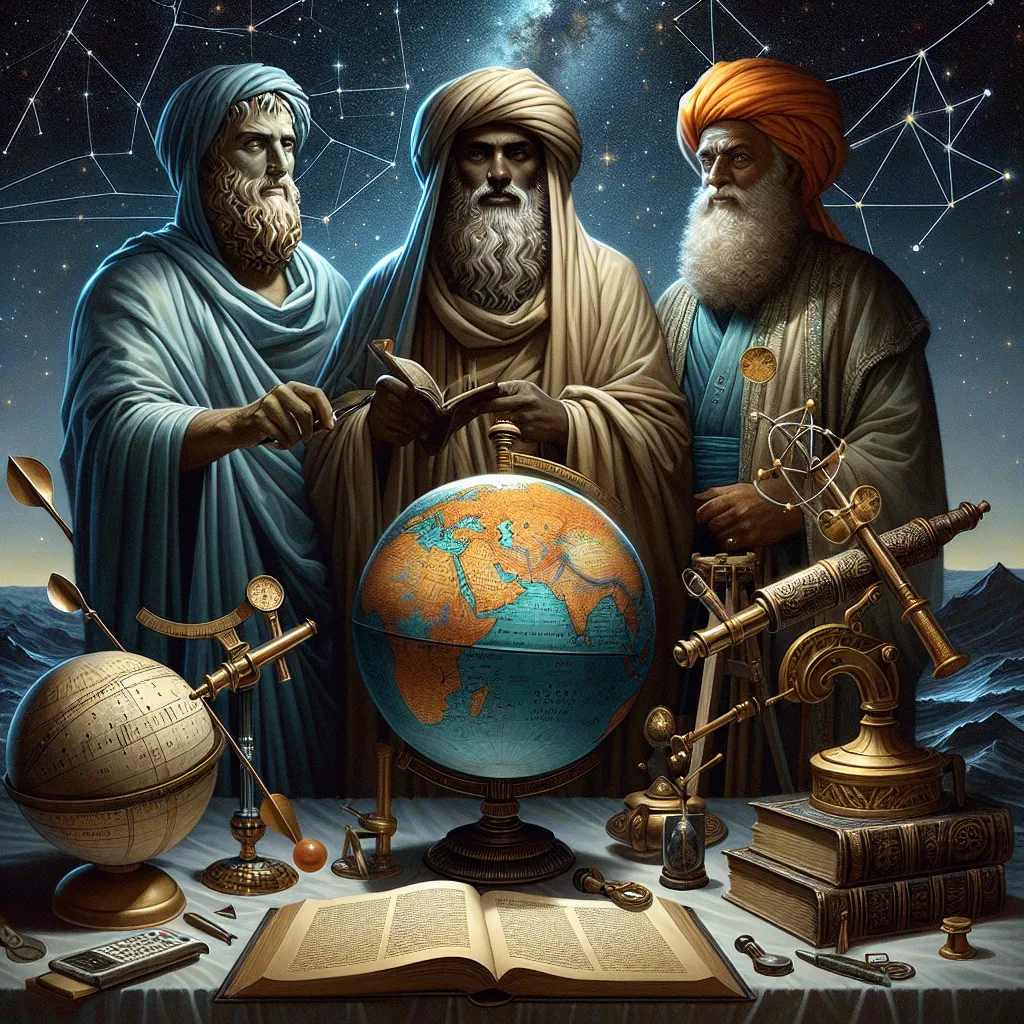When you hear the name Maimonides, most minds immediately think of Moses Maimonides, a towering figure in Jewish history. Known for his rationalist philosophy and immense contributions to Jewish legal literature, his impact on Judaism is monumental. However, while Moses Maimonides is undeniably fascinating and often discussed, his lesser-known but equally intriguing son, Abraham Maimonides, deserves a spotlight too.
Abraham Maimonides followed in his father’s footsteps by becoming the head of the Jewish community in Egypt. Yet, unlike his father’s strict rationalism, Abraham became the face of a Jewish pietistic movement heavily influenced by Islamic Sufism. This mystic influence is what sets Abraham apart in the annals of Jewish history, a topic worth exploring.
Moses Maimonides, originally from Al-Andalus (modern Spain), fled religious persecution, eventually settling in Fostat, near Cairo. There, he became a revered figure, a legal authority, and the author of significant works like the Mishneh Torah, covering Jewish laws extensively, and the Guide for the Perplexed, his masterpiece on rationalist philosophy. Moses wielded considerable influence and authority during his life.
Born in the late 1180s in Fostat, Abraham Maimonides grew up under the towering influence of his father. Learning about communal duties, rabbinic law, science, medicine, and philosophy from the Guide for the Perplexed, Abraham inherited many of his father’s roles after his death. As Nagid, or leader, of the Jewish community, he continued his father’s work but steered Judaism towards mysticism influenced by the prevalent Sufi practices in Egypt at the time.
Abraham’s life was marked by balancing communal affairs with his medical career, serving as a physician to the Ayyubid Sultan Al-Kamil, and offering care at Cairo’s hospitals. His dedication and skills earned him high regard, with contemporaries praising not only his medical prowess but his refined manners and intellectual depth.
In stark contrast to his father’s rationalism, Abraham founded a pietistic movement that incorporated Sufi-like practices such as renunciation, asceticism, and intense mysticism. He introduced new devotional styles, urging solitary prayer, meditation, fasting, and night vigils. These practices, meant to purify the soul and induce mystical experiences, were controversial within the Jewish community, facing accusations of incorporating non-Jewish elements.
Interestingly, Abraham defended these practices by claiming they were not borrowed from Islam but were ancient Israelite traditions lost over time. He argued that both Muslims and Jews connected to these original practices independently. This claim added a unique layer of inter-religious dialogue and influence in medieval religious dynamics.
Abraham also sought to reform communal prayers in synagogues, emphasizing organization and practices similar to Muslim prayer customs like standing in orderly rows and prostration. His vision faced resistance, perceived as Islam-inspired innovations. However, he maintained these were revivals of biblical traditions.
The spiritual movement guided by Abraham envisioned prophecy as the culmination of mystical practices, a union with divine knowledge. It reflected an intellectual and spiritual elevation akin to what later Jewish mystical figures like Abraham Abulafya would propose. Abulafya, like Abraham, viewed prophecy as an attainable goal through intense mystical practice based on Maimonidean rationalist underpinnings.
The pietistic movement of Abraham Maimonides shows how Judaism and Islam interacted and influenced each other in medieval times, highlighting the diversity within Jewish mysticism beyond Kabbalah. This unique interplay of rationalism and mysticism remains a fascinating, yet less explored, chapter of Jewish history.
Don’t forget to delve into videos from Esoterica and Seekers of Unity, which focus on Moses Maimonides and his relationship with mysticism. Dive into this rich historical narrative and uncover the layered complexities and vibrant intellectual landscape of medieval Judaism and Islam.






